
Graduations in Los Angeles were affected due to the massive raids. (LAUSD)
For thousands of students, the end of the Spring 2025 semester turned into chaos, pain and anxiety when the massive immigration raids began in the Southland on June 6.
These unexpected operations have caused violent detentions, expedited deportations, separated many families and compelled others to self-deport. The situation has put students and their families in a complex situation as they fear going back to school and have encounters with ICE.
Heidi Galicia, who works at three school parent centers in Southeast Los Angeles (SELA) said families are terrified and for the fall semester there could be an increased absenteeism if the situation is not addressed properly.
Galicia said many of these young students have been negatively impacted since 2020. It began when the COVID-19 pandemic started and they were forced into distance learning and now because of the immigration raids.
“Students’ mental health is being affected with all of this,” she said, specifically high school students.
Schools in the SELA area have reported a significant increase in absenteeism and a decrease in enrollment throughout the years. Before the pandemic, 2018-2019 school year data reported that about one in four SELA high school students were chronically absent. The total enrollment was a little more than 13,000 high schoolers.
Those numbers continued to spike during and after the pandemic, peaking at about 40% in the 2021-2022 year.
By the 2023-2024 school year, rates were still elevated compared to pre-pandemic levels. The high school enrollment was close to 12,000 with one in three students chronically absent
It is still premature to know what the outcome will be for the 2025-2026 cycle.

LAUSD board members and other elected officials addressing the immigration raids. (LAUSD)
Galicia said a week after the raids began, the schools that she works for had their open enrollment days. All of the schools were affected with low attendance, but she recalls one school in particular where school staff was hoping to enroll about 140 children and less than 20 showed up.
“The community is afraid, students are opting for online classes,” she said. “One day a mother sent me the name of her two children, and said, ‘just in case something happens to me,’ meaning if she gets deported."
Initially, it was reported that the raids would last 30 days, but they continued until July 10 when a federal judge issued a restraining order to limit the federal agents’ ability from detaining people without probable cause.
Focusing on providing help
In most Latino communities, students, parents and teachers are still concerned about the outcome these actions will leave on students.

LAUSD Superintendent Alberto Carvalho speaking at a Maywood school graduation. (LAUSD)
Angelica Reyes, a teacher at an LAUSD school in Los Angeles, said when the raids began her school was preparing to celebrate high school graduation the following week.
This was a milestone for many students who had a difficult time, as they entered high school during the COVID-19 pandemic. As they started adapting to the “new normal,” which included vaccines, hand sanitizer and face masks, many of them were hopeful for their future.
She said these actions by the Trump administration are intentional as they decided to target schools during one of the most important moments of the semester.
“For a lot of them this was supposed to be their biggest celebration, because of COVID-19 a lot of things were postponed,” she said. “Now ICE is ruining what's supposed to be one of the happiest moments in our students’ lives, after having worked so hard.”
Social media posts and announcements from elected officials the week of graduations revealed the fear in communities. ICE kept a constant presence in areas like Huntington Park, Maywood and Lynwood during graduation days.
Resources available for detainees and their families
The Mexican Consulate in Los Angeles interviewed 330 people at detention centers in the region from June 6 to July 6 2025. All of these detainees are the result of the unexpected immigration raids.
The statistics revealed that more than half (52%) have been in the country for a decade or more and one third (36%) have been in the country for more than 20 years. One third (31%) have children born in the U.S.
The Mexican Consulate has been offering resources to the Mexican detainees through legal aid and daily visits to advocate for their well being.
LAUSD Superintendent Alberto Carvalho said in social media that as a former undocumented person he understands the struggle and is against Trump’s massive raids.
During a press conference after the raids started, Carvalho said that the tactics by federal immigration authorities may instill fear that may lead to self-deportation. He reassured, however, that the LAUSD board stands with the community they serve.
“Our schools are places of education and inspiration, not fear and intimidation. Many of us here are immigrants, are children of immigrants,” he said. “We would be hypocrites if we took a step backwards from the position of protecting those who today face what our parents or ourselves faced years ago.”
Reyes said she has been reminding students and parents about their rights, to create an emergency family plan and tries to connect them to resources when needed.
She highlighted the importance of providing mental health support for these students who year after year have encountered difficult moments.
Reyes said that despite the sanctuary school policies, immigration officers are attempting to circumvent them.
“So parents and students are incredibly afraid, and unfortunately they're struggling financially and emotionally with the terrorization that's happening in the community,” said Reyes. “Our students are supposed to be able to feel safe exploring the city during the summer. Instead it's being militarized, and they're afraid.”
LAUSD announced the “We Are One” website for families affected by the immigration raids by providing resources and assuring families that the staff will do everything possible to defend students’ right to public education.
This article was produced as a project for the USC Annenberg Center for Health Journalism’s 2024 Data Fellowship.

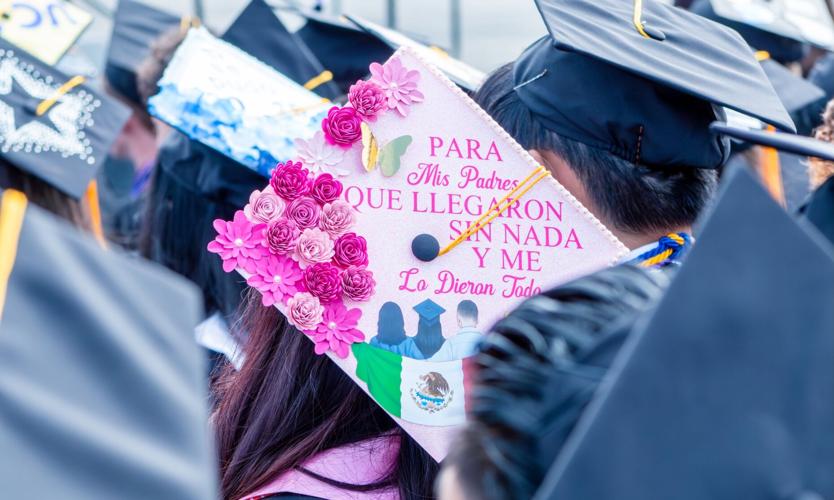

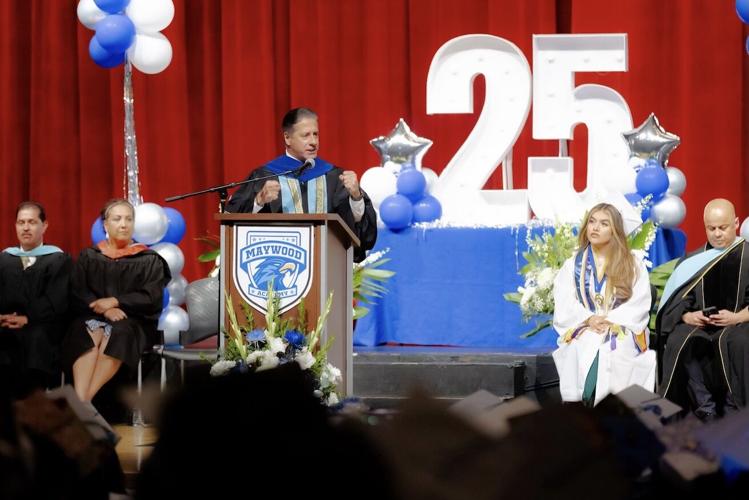

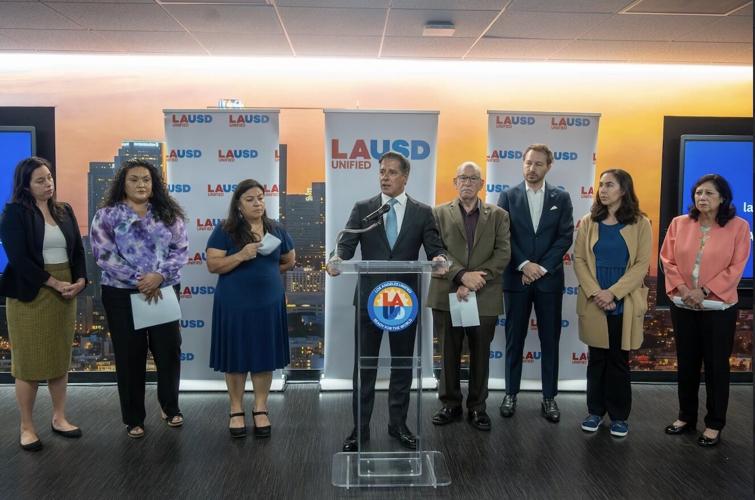
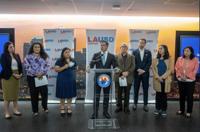





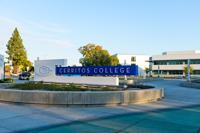


(0) comments
Welcome to the discussion.
Log In
Keep it Clean. Please avoid obscene, vulgar, lewd, racist or sexually-oriented language.
PLEASE TURN OFF YOUR CAPS LOCK.
Don't Threaten. Threats of harming another person will not be tolerated.
Be Truthful. Don't knowingly lie about anyone or anything.
Be Nice. No racism, sexism or any sort of -ism that is degrading to another person.
Be Proactive. Use the 'Report' link on each comment to let us know of abusive posts.
Share with Us. We'd love to hear eyewitness accounts, the history behind an article.